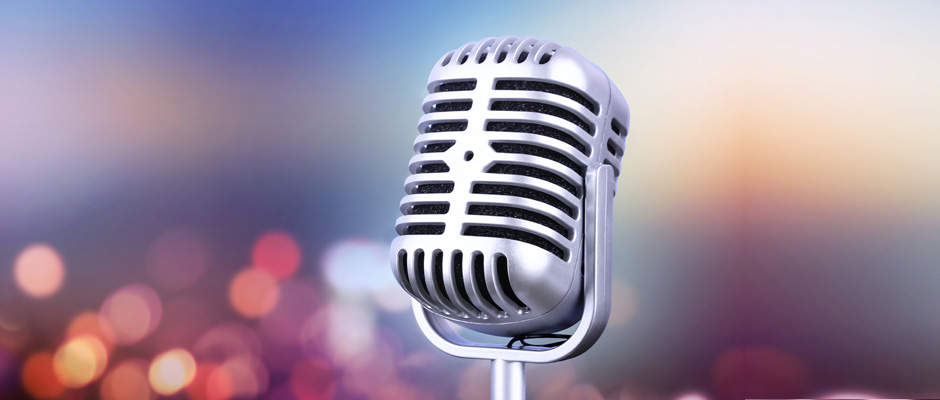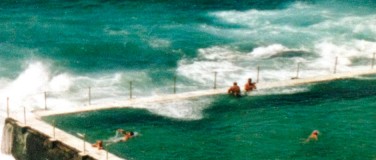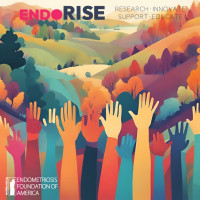
By Angela Wix
Proud Endometriosis Warrior
Creator of Healing & Creative Arts
St. Croix County, WI
I've struggled with endometriosis for decades, but only this year did I start receiving truly beneficial treatment. For many, endo begins at or sometime after puberty. Yet for some, there are symptoms that occur before puberty that are rarely discussed. At age eight I began having digestive issues, so my mom took me to the doctor. We were told more fiber would be the solution; it wasn't. At age thirteen I found myself in the ER due to severe pain, but doctors concluded nothing was wrong. Following that visit, I realized the pain was a result of my period. I felt ashamed for having created so much fuss. By that point I already knew two things: 1) periods weren't to be discussed and 2) pain was just a part of it. What I didn't know, and what took 20+ years for me to finally realize, was that pain of that level is not "just a part of it." But if the ER couldn't help, what could?
After that experience I became silent and got through life as best I could. I took pain meds, but when those wrecked my gut I stopped. I took hormones, but when they didn't help enough and caused additional issues with my mind and body I dropped them. On and on it went. I found my routine in essential oils, yoga, my acupressure mat, hot water bottle, adjustments in diet, loose clothes, and rest. Rest was hard to manage with work and a sense of obligation towards others, along with a fear of disappointing people or being judged weak, flaky, or unreliable. While this routine helped get me through the pain, it was only a Band-Aid to a worsening disease.
A few years ago, endometriosis was unexpectedly found during an exploratory surgery. Even with all of my matching symptoms, endo had never been suspected. Ablation was used to burn it off, but it did nothing to help my condition. I later found I'm not alone here, since ablation has a low success rate. I finally had a label for the disease, but no remedy.
A year ago, I was set to go out and babysit my niece. Right before I was supposed to leave I found myself squatting in the middle of my dining room, clutching the leg of a chair while contraction-like waves rocked me. The familiar shakiness, weakness, cold sweats, fatigue, and nausea joined the pain. All I could do was breathe deep and hard, to the point of dizziness and almost fainting.
Even in the midst of a "bad day" as I called these moments, I was ready to push through. A part of me, the part that is socialized by our "suck it up" and "don't be a baby" society, said I was just being weak. "This is just how it goes," she said. "You have a responsibility. Get off your ass and do what you're supposed to do! Stop being so dramatic. No one believes you, anyway."
Another part of me heard these words, as I had heard them so many times before, and she cried. "But I hurt so bad. Don't you see? Won't someone take care of me? I don't have the energy to take care of anyone else right now. Please. Please, hear me." She curled up in my heart and broke along with the rest of my body.
That's when I noticed my husband shuffling around. Through the fog of pain, I realized he was putting on his shoes and jacket. He grabbed his keys. Oh God, I thought. Time to get up and go. I was still crouched on the floor under the low light coming from our holiday tree. I felt a kiss on my head and looked up.
"Good-bye," my husband said. Confusion and then realization kicked in. The sad and broken part of me perked up.
"You're going without me?" I asked. He nodded. "No, no," I objected, not wanting the weakness to win. "I said I would go. I should come."
"You rest," he responded. "Watch a movie. Feel better." I almost burst into tears, but managed to get up off the floor to give him a hug.
"Thank you."
In the moment my husband gifted me recognition of my pain and permission to take care of myself and be taken care of by others. It's still hard to let that happen, especially when I know the outside world doesn't see my pain and expects me to continue on. Sometimes I need to break plans, let the work go, and ask for help so I can rest and recover.
This moment was the beginning of a flip to the switch. After more than 20 years of having pain ignored, minimized, misdiagnosed, and mistreated, I dug deeper than I ever had before for answers. Those answers led me to a compassionate excision specialist that I trust and feel confident in working with. It led to excision of stage IV endometriosis, including on the ureter, cervix, bowel, and other pelvic areas. And it led to my hysterectomy for suspected (and then confirmed via pathology) adenomyosis. But most of all, it led to validation and new hope for healing that's tied together with connection to a community I didn't know was waiting to be found.
*Patient stories submitted to Endofound.org are the views of the patients and not necessarily those of the foundation.









